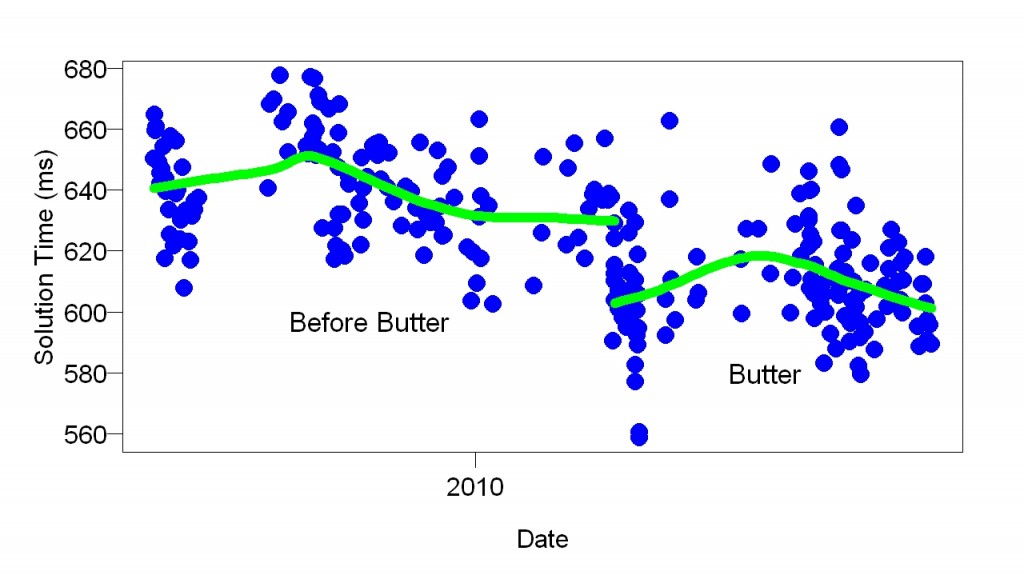After posting about Doug Lemov, I ordered Teach Like a Champion. It arrived yesterday. Leafing through it, I came across a section titled “The Irony of What Works,” which begins:
One of the biggest ironies I hope you will take away from reading this book is that many of the tools likely to yield the strongest classroom results remain essentially beneath the notice of our theories and theorists of education.
Lemov continues with an example: Teaching students how to distribute classroom materials, such as handouts. This can save a lot of time. Then he adds:
Unfortunately this dizzyingly efficient technique — so efficient it is all but a moral imperative for teachers to use it — remains beneath the notice of our avatars of educational theory. There isn’t a school of education that would stoop to teach its aspiring teachers how to train their students to pass out papers.
The last chapter of Veblen’s Theory of the Leisure Class is about just this — the importance that professors (like everyone else) place on status display and how this interferes with their effectiveness. The connection with self-experimentation is that no matter how effective it is, no psychology department would stoop to teach it. Or, at least, that’s the current state of affairs.
The book’s index doesn’t include Veblen, although it does include Richard Thaler.
